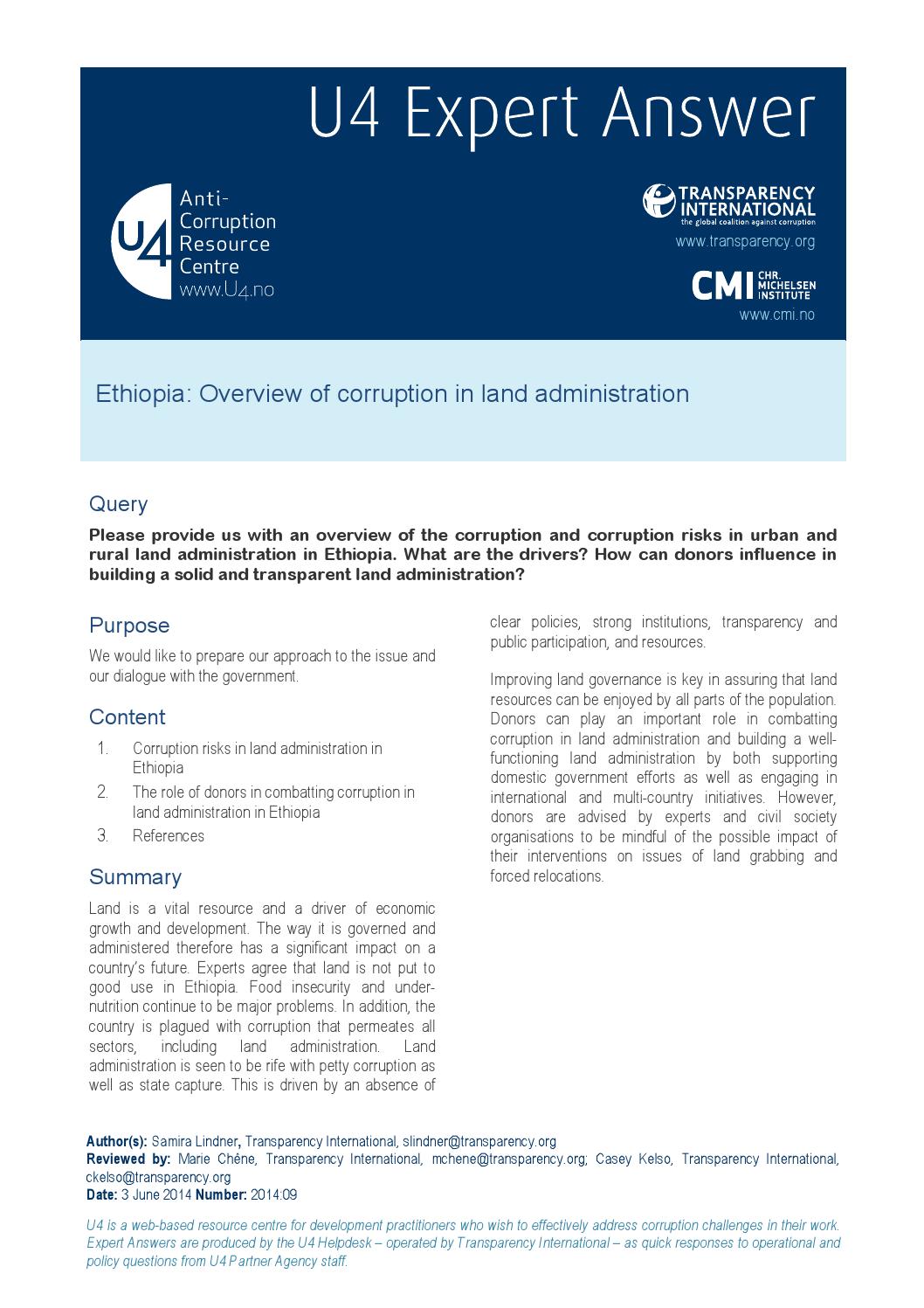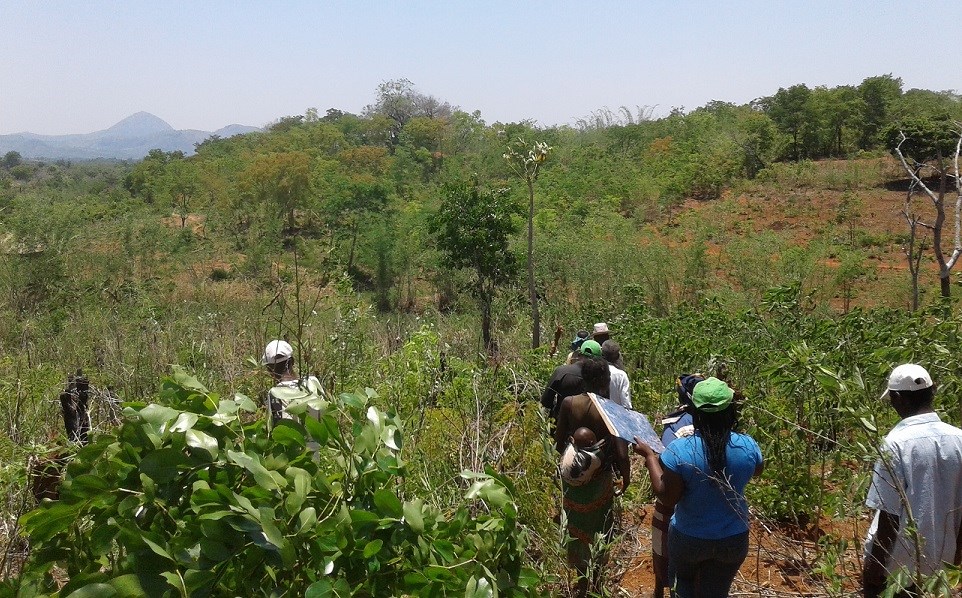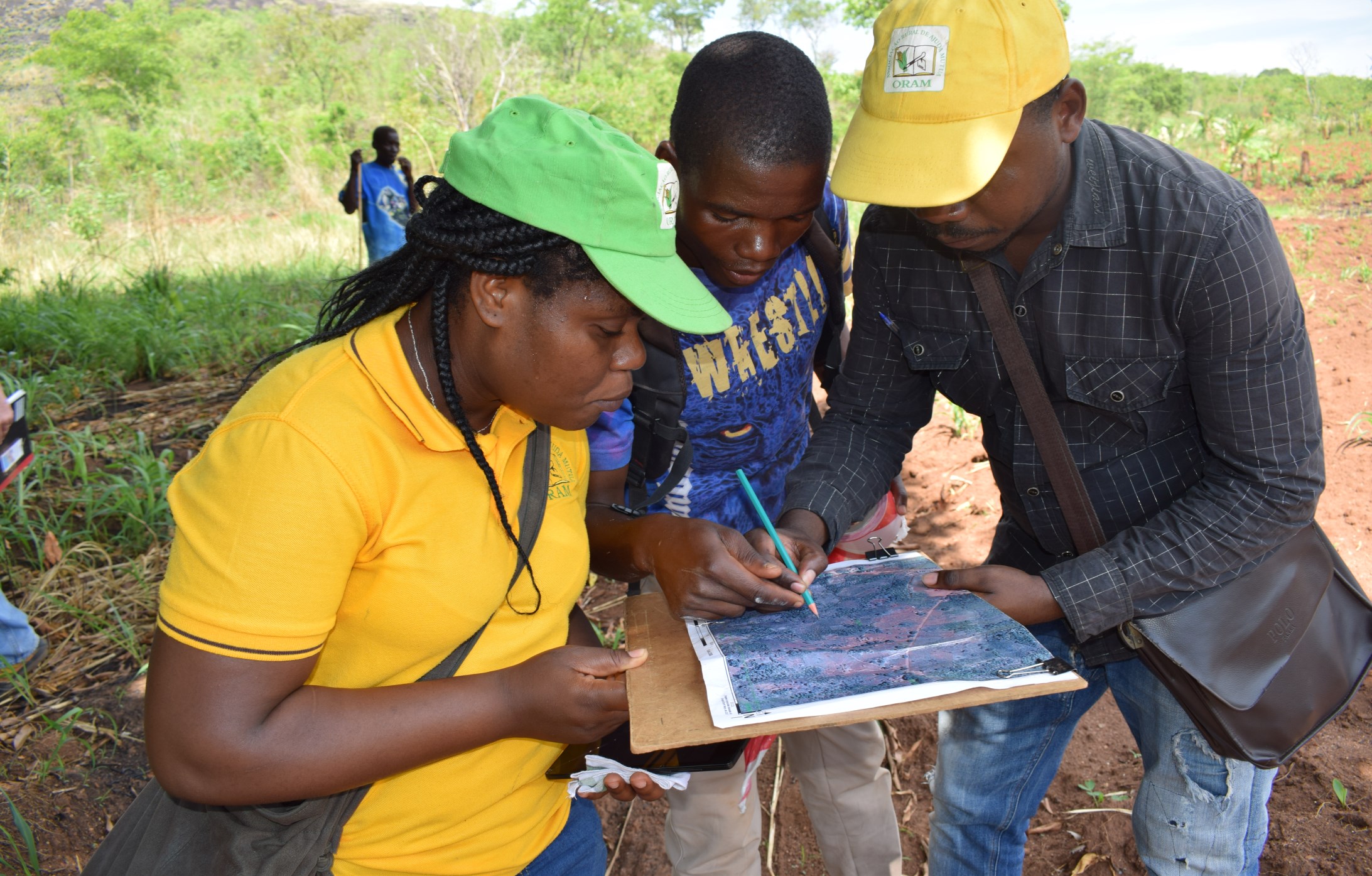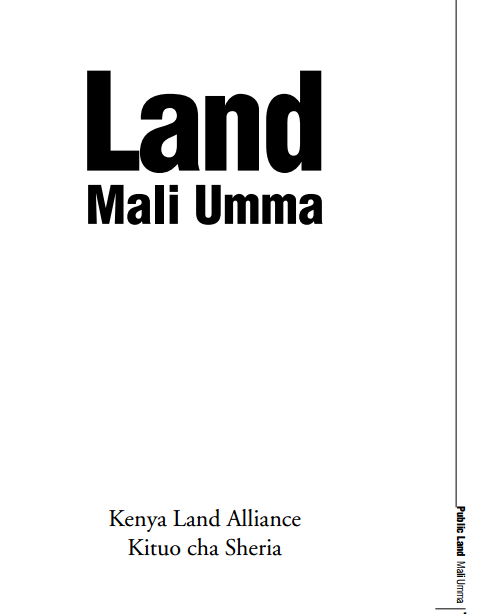The political economy of corruption and REDD+: Lessons from the Philippines’ pilot sites
Corruption is a continuing feature of the Philippines’ natural resource sectors. Given keen interest in the country’s REDD+ potential, it is useful to consider corruption risks related to REDD+ from a political economy perspective. This U4 Issue draws on fieldwork from two REDD+ pilot sites to assess current governance and anti-corruption safeguards related to benefit-sharing, land tenure rights for indigenous peoples, and private sector involvement. Many anti-corruption actions are in place in the pilot sites, but they are weakly embedded in social relations at the local level.









